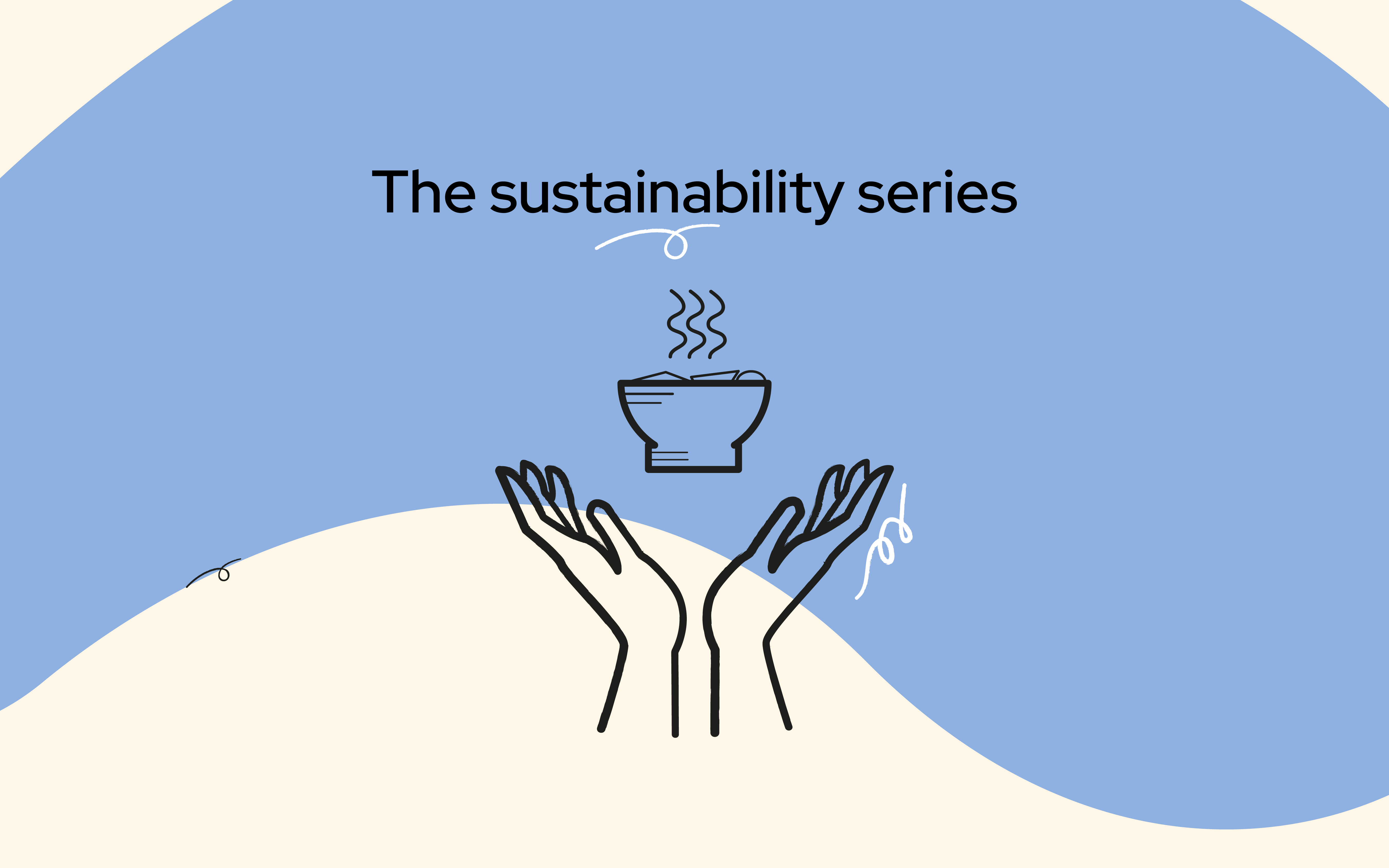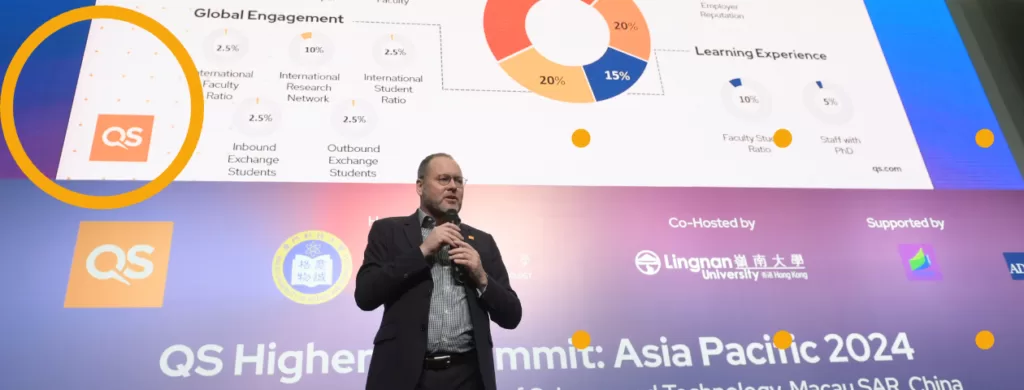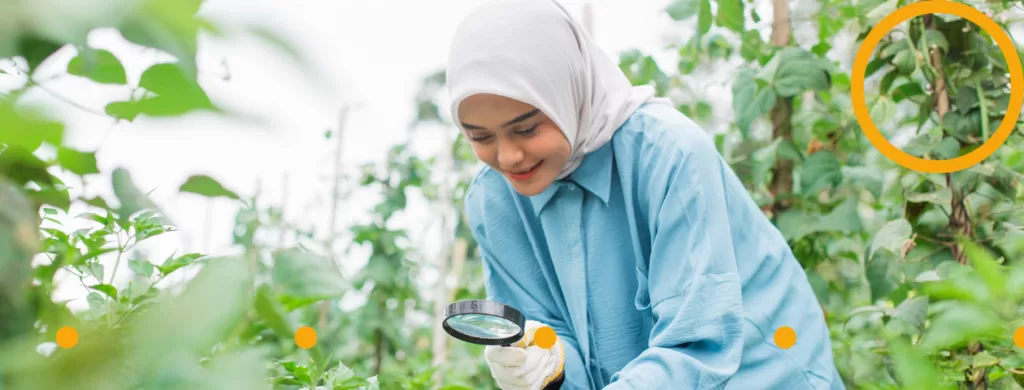
For the first article in our sustainability series, we explore the work being done by the collaborative project Ceres2030 to progress UN Sustainability Goal 2: Zero hunger.
Over the next few months, QS will be exploring the innovative and inspiring work being conducted by higher education institutions across the globe to further the UN Sustainable Development Goals; targets set out by the UN to help actualise the 2030 Agenda for Sustainable Development.
Today, we’re exploring Ceres2030 – a collaborative project between Cornell University, USA, the International Food Policy Research Institute (IFPRI) and the International Institute for Sustainable Development (IISD), which aims to demystify the complexity behind ending world hunger.
What is Ceres2030?
The research team at Ceres2030 found that, if donors doubled their investments, world hunger could be solved by 2030.
But the question of where to place this money in order to have the most tangible impact on the issue remained a barrier to this investment
With so many factors to consider when implementing initiatives to end world hunger, Ceres2030 set out to provide the international community of funders, government and scientists with the best evidence and cost models to support their international efforts.
In short, the project’s mission is to connect decision-makers and donors with the information they need to make informed decisions about where to direct investments to address hunger.
How does Ceres2030 achieve its mission?
One of the many ways Ceres2030 is attempting to paint a clearer picture of the complexity of food systems and, in turn, help donors decide where and how to make their investments, is via its groundbreaking AI machine-learning tool.
So far, the tool has summarised the evidence from the last 20+ years of agricultural development literature and, in synthesising the evidence, has answered eight key research questions covering areas such as water scarcity and employment for the future.
But their work doesn’t end there; Ceres2030 brought together 84 voluntary researchers and information specialists from 23 countries to investigate these interventions which includes finding livestock feed solutions, climate-resilient plants and reducing food loss.

The findings were then published by Nature Research in a new research collection of peer-reviewed journal articles; the work by two Cornell interdisciplinary researchers, focusing on climate-resilient crops, becoming one of the top-cited articles in the collection.
Jaron Porciello is co-director of Ceres2030, an information scientist and a faculty fellow at the David R. Atkinson Center for Sustainable Development at Cornell University.
According to Porciello, providing the evidence is only part of the solution; efforts must then be made to encourage investment:
“There is a lot of discourse about the need for evidence, but I think we have demonstrated that even with great evidence, those with the most are reluctant to take action.”
This means it was not just a result of Ceres2030 findings but also their proactive encouragement towards investment that led to at least 40 companies promising USD 391 million as part of the Zero Hunger Private Sector Pledge.
“Ending hunger is within reach,” says Porciello. “We have a roadmap and a spending plan. Now, we need the international and private sector community to take action.”
What is next for Ceres2030?
One initiative that the team at Ceres2030 are hoping to get off the ground is the Global Agricultural Evidence Network (GAEN).
According to Porciello; “Agriculture and food systems is one area where well-coordinated, standardised evidence synthesis is lacking. It falls well behind other disciplines such as healthcare, social policy and environmental management.”
With the creation of the GAEN, the Ceres2030 team hope to build a network of guidance and standards that the agricultural industry so desperately needs.
If you want to hear more about how the higher education sector is advancing the UN Sustainable Development Goals, please check out the other articles in our Sustainability Series in the coming weeks.



